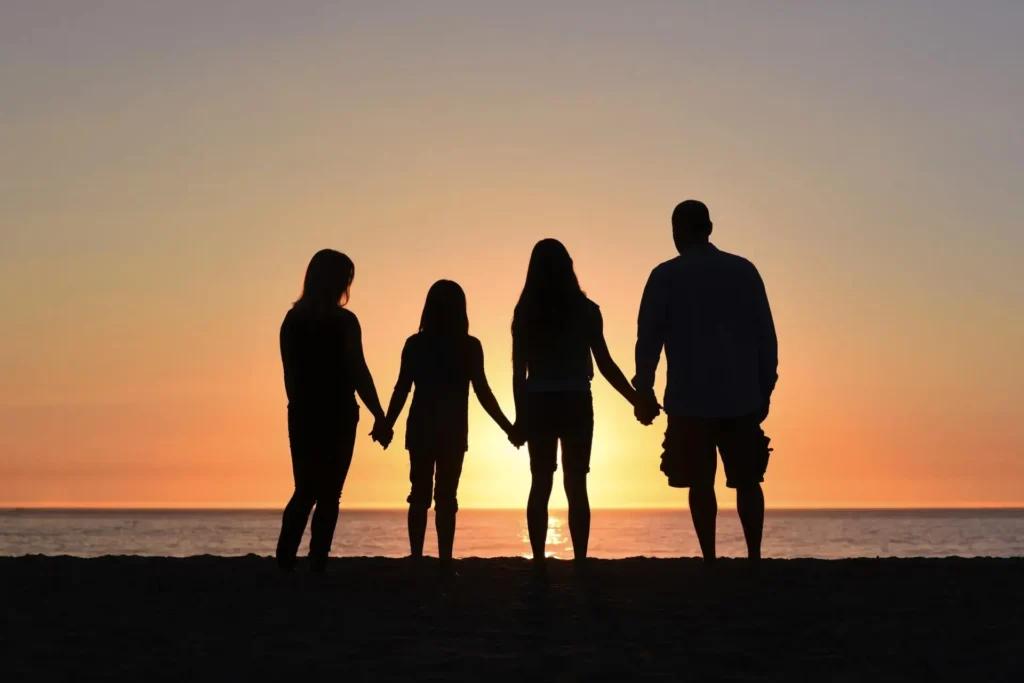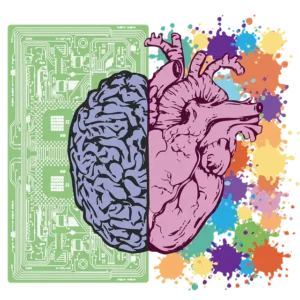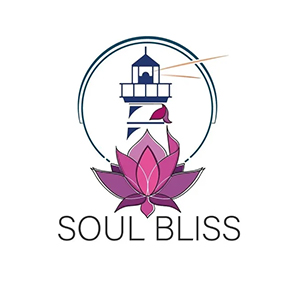
What does it mean to be conscious? And how can this help us in our relationships, activities, health and well-being?
Be aware
It’s something that many people take for granted. In fact, it is easy to distinguish between the moments when we are conscious and the moments when we are not, such as when we are awake or asleep.
The question is: how conscious are we really when we are awake?
As we live our day-to-day lives, we participate in a wide range of events and perform a countless number of actions. Without realizing it, we walk down the street looking at the screens of our smartphones, ignoring much of what is around us, we miss snippets of conversations with the people who are important to us while we wander in thoughts and worries, we drive kilometers and kilometers and We arrived home with no idea of the route. We spend hours on autopilot, hours in which many details of life and, who knows, opportunities escape us. In these moments, we may question how aware we are – how present we are to what matters to us.



As we live our day-to-day lives, we participate in a wide range of events and perform a countless number of actions. Without realizing it, we walk down the street looking at the screens of our smartphones, ignoring much of what is around us, we miss snippets of conversations with the people who are important to us while we wander in thoughts and worries, we drive kilometers and kilometers and We arrived home with no idea of the route. We spend hours on autopilot, hours in which many details of life and, who knows, opportunities escape us. In these moments, we may question how aware we are – how present we are to what matters to us.
Mindfulness

Mindfulness means full attention and manifests itself as the awareness we have in the present, moment after moment, voluntarily and without judgment. It does not necessarily mean that we are permanently attentive, but rather that we consciously choose to bring our attention back when we notice that it has wandered. We don’t judge ourselves by our ramblings, we don’t justify the type of rambling or why, we don’t try to make the experience “good” or avoid it being “bad”. We stay present with what is, as it is.
The proposal is to start by paying attention to the way we breathe and the sensations in our body. As incredible as it may seem, most people are unaware of the way they breathe – and how this influences their nervous system and energy levels, but we’ll save that part for the next article – nor the postures in which they put their body. body. The fact is that we spend hours sitting, in unfavorable postures, breathing shallowly, while the mind gains momentum and drags us in an incessant flow of ideas, memories and concerns.
The practices suggested by this discipline have no esoteric or religious roots. In fact, it is currently the discipline of Eastern origin most studied by Western science, having demonstrated countless benefits for our health and well-being. These are practices to strengthen the mind. After all, attention is like a muscle and, like any muscle, it needs to be trained.
Strong attention allows us to be more present and make more conscious choices. And this means that we will be caught by surprise less often in life, that we will manage our time better and remember We better remember that we are going to be less and less reactive and that we are going to take better care of our bodies instead of neglecting them for hours.
The importance of being conscious for psychology
So what is the role of all this for psychology? If psychology and psychotherapy have always been about bringing the unconscious to the surface and making people more conscious and functional, now, more than ever, practices related to attention and breathing are being integrated into their therapeutic approaches.
Being aware brings greater clarity to the mind and a greater focus on understanding the ways in which we process what we experience.
Many of the reasons why people seek help from a mental health professional are related to what is going on in their mind – unpleasant thoughts, dysfunctional beliefs, lack of motivation, difficulty focusing… And here The tools that mindfulness brings us can be very useful. By observing our thoughts without judging them, we can learn to relate to them in a new way. We can observe them as thoughts and not as truths, as products of our mental activity, results of what happened before and not necessarily of what we choose to happen now. We can accept that we feel a certain way, that this is valid, and that we can act regardless, without judging ourselves or increasing our self-criticism. We can simply notice the “baggage” that we no longer need and let it go.

If the objective is change – changing a habit, a behavior or a way of thinking – through therapy, being more aware will allow us to observe when we perform that habit, in what context this most easily happens and what the motivations are internal resources to do so at that time. This awareness thus becomes a powerful supporting element in the therapeutic process. By being more aware, we can start new behaviors and maintain them until they become new habits.
If the objective is to work on our relationships, being aware will be fundamental to understanding how we approach contact with others. How available we are to listen and how our language reflects this availability. How our body communicates all the emotions we don’t communicate verbally.
How we wait for our turn to speak and how we process what we hear before responding, rather than reacting immediately. And, interestingly, by being more present with ourselves, we are creating more presence for others
In essence, being aware opens an infinite number of doors so that we can live our lives in more satisfying, productive and healthy ways. Of course, not everything depends on us, but if we are aware of everything that depends, then our actions will have a much greater impact. So, we invite you to explore yours and, in order to make the process more interesting, we close with some practical tips that you can find below.
“If your mind is not burdened with ten thousand things, this is the best time of your life.”
– Wu‐Men –
4 practical tips to get off autopilot
-
- Mindful eating:
The next time you eat, try to be aware of everything that happens, from your plate to the way you eat each food. The proposal is that you put your cell phone aside for a few minutes and dedicate yourself completely to the eating experience – preferably alone or with someone who is willing to do the same. Try the various textures, temperatures and flavors, notice how you chew, feel the urge to take another bite.
-
- Body Scan:
Sitting or lying in a comfortable position, travel through your body trying to discover what sensation exists in each area. With curiosity, look over your face and notice what sensation there is in your forehead, around your eyes, in your jaw… is there any tension? Continue through the remaining areas of the body and, remember, there are no right or wrong sensations, just yours.
-
- Breathing:
Also sitting or lying down in a comfortable position, the idea here is to understand the way you are breathing without trying to change it. Don’t try to breathe like you think you should. First, observe whether you are breathing through your nose or mouth, into your chest or belly, more deeply or superficially… Try to feel the temperature of the air coming in and the air coming out. Breathing is so much more complex than it seems…
-
- Daily habits:
Choose a habit from your daily life and try to do it as consciously as possible. For example, when brushing their teeth, many people are not aware of how they are doing it. Any habit is valid, as long as it is part of your day. The invitation is to bring awareness to each small moment that makes up this habit. Be curious!
If you liked this article, share it with anyone who could benefit from this information or leave us a message.
References
§ Kabat-Zinn, J (2000). Wherever You Go, There You Will Be: The Classic of Mindfulness in Everyday Life. Rising.
§ Mace, C. (2007). Mindfulness in psychotherapy: an introduction. Advances in Psychiatric Treatment, 13, 147–154.
§ Williams, M. & Penman, D. (2015). Mindfulness: The eight-week plan that freed millions of people from stress and anxiety. Paper Moon.






